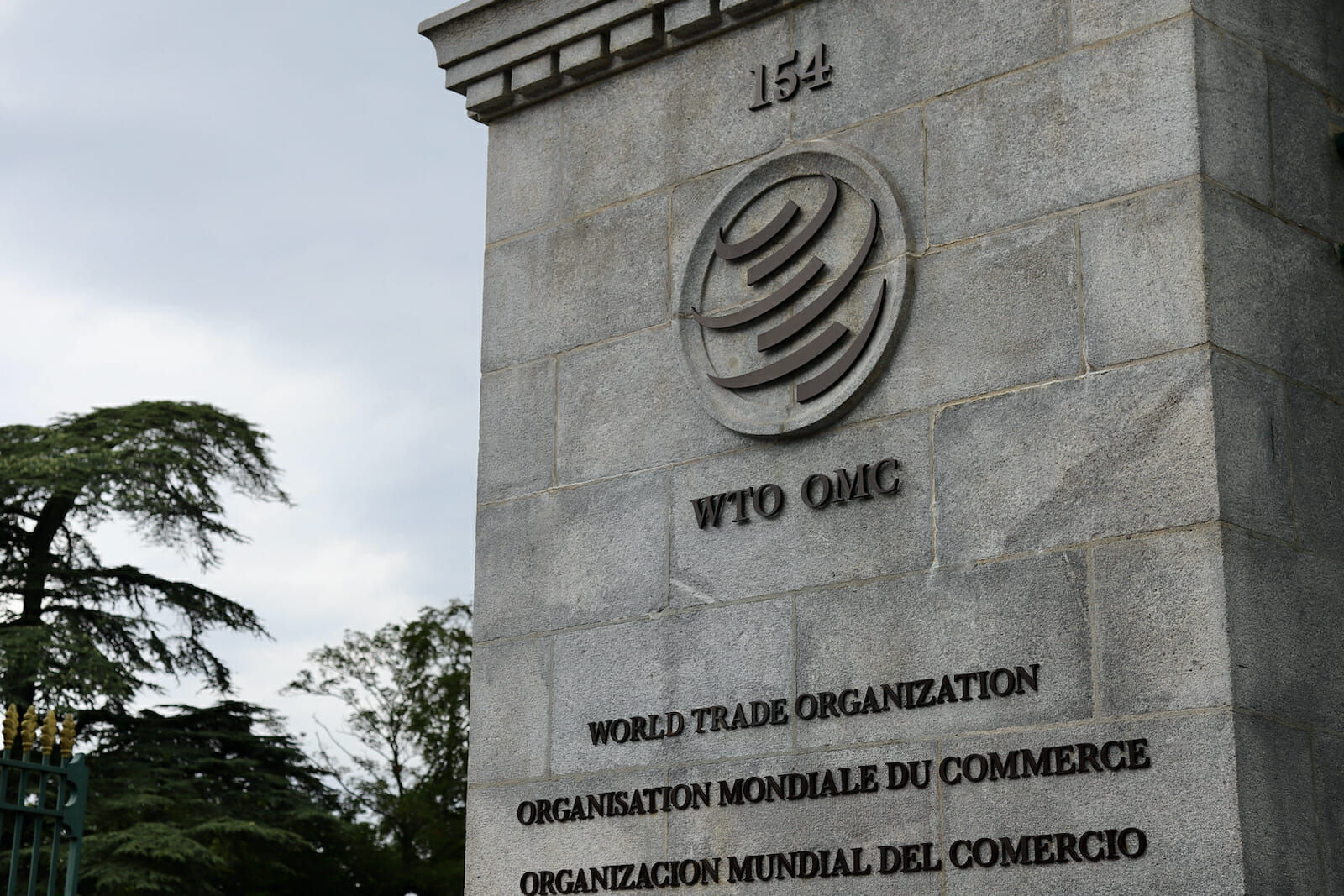
Critics of the WTO’s Environmental Standards Need to Rethink the Organization’s Mandate
The World Trade Organization (WTO) has long been criticized for its trade-focused policies to the detriment of the environment. WTO members view an “equitable and non-discriminatory multilateral trading system” as the key factor toward better protecting environmental resources while upholding the organization’s trading system.
Since the end of World War II coincided with a drastic rise in global environmental degradation, international trade expansion raised several questions about whether the WTO’s trade policies support or hinder the environment. However, in the given context, the more important question is that if the WTO is a trade organization, then to what extent can it be an environmental organization?
Since its creation, the WTO’s mandate has made it competent to primarily deal with trade-related issues and ensure that global trade is being conducted according to international law. As a trade organization, the WTO fulfills its foundational objectives to which its member states have committed while simultaneously preserving its members’ sovereignty.
Despite its primary mandate, the WTO recognizes a notable exception to trade rules under the General Agreement on Tariffs and Trade (GATT) Article 20 for resource conversation and environmental protection. Article 20 of the GATT shows that the WTO allows member states to adopt trade-related measures aimed at achieving their objectives of national environmental regulation. The rules have the fundamental principle of non-discrimination, transparency, and predictability to allow members to implement policies addressing environmental solutions.
However, since the WTO’s mandate requires it to respect its member states’ sovereignty, the GATT rules’ provisions are to ensure that environmental measures are not implemented as disguised protectionism. Another example is the Marrakesh Agreement whose objectives of environmental preservation go hand in hand with the WTO’s objectives to reduce trade barriers and discriminatory treatment of member states in international trade relations.
Numerous cases attest to the WTO’s commitment to its non-discriminatory trade rule in accordance with the GATT. The Shrimp and Turtle case of 1997 is an ideal example of the WTO ruling against discriminatory trade measures. As mentioned before, Article 20 allows trade restrictions aimed at environmental protection given that they are imposed in a non-discriminatory fashion and do not attempt to restrict international trade. In this case, the United States discriminated against WTO members by not providing the same advantages to India, Malaysia, Pakistan, and Thailand as it did to other countries in the Western hemisphere. This case portrays that the WTO cannot be expected to prioritize policies that lies beyond its mandate.
However, following the dispute, the WTO pushed member states to strengthen environmental collaboration. Ensuring that international trade laws are not violated and that international trade is not restricted falls under its primary mandate, albeit the organization has never shunned countries attempting to balance national environmental policies with trade.
To strengthen collaboration between countries, the International Energy Agency (IEA) has the ability to give different scenarios for global energy demand and suggest areas where investments should be focused to achieve the objective of curbing high-levels of carbon emissions and stopping the process of global warming. Additionally, countries within the WTO can initiate multilateral agreements designed to promote mutually beneficial trade and environmental policies, and these agreements do not have to be pressed upon non-willing countries.
Such institutions and policies can be effective in balancing the goals of trade benefits and environmental protection. According to the WTO’s views that responsibility for implementing environmental measures should remain at the national level, policy solutions should be targeted directly at the source of the problem within domestic borders as the economic principle of specificity rule states.
Contrary to what critics would argue, countries should be less dependent on the WTO to enforce strict environmental regulations. They should instead seek to establish an agreement whose mandate will specifically focus on enforcing environmental protection rules and address issues on how to ensure that international trade does not violate those regulations. Since developing countries may lack the institutional capacity to implement such standards and policies, they should seek to attract climate-specific investment and maintain climate-related standards. The Paris Agreement is an example of an initiative designed to specifically address the threat of climate change. Similarly, countries should form accords where they are able to address the issue of environmental degradation.
While the WTO has been addressing cross-cutting issues related to the environment, the organization’s foundational responsibility consists of overseeing trade rules and facilitating trade opening between nations. The international community needs to reassess what it believes the WTO is designed to achieve before pushing it to enforce stricter trader regulations in favor of environmental protection. Protecting the sovereignty of its members and ensuring fair trade are examples of what the WTO’s mandate is and as such, alternative means of pushing for environmental regulations vis-à-vis international trade should be created.

